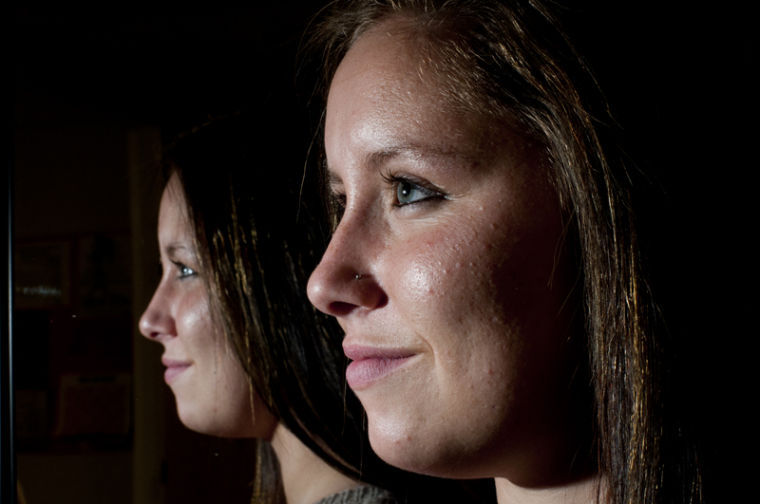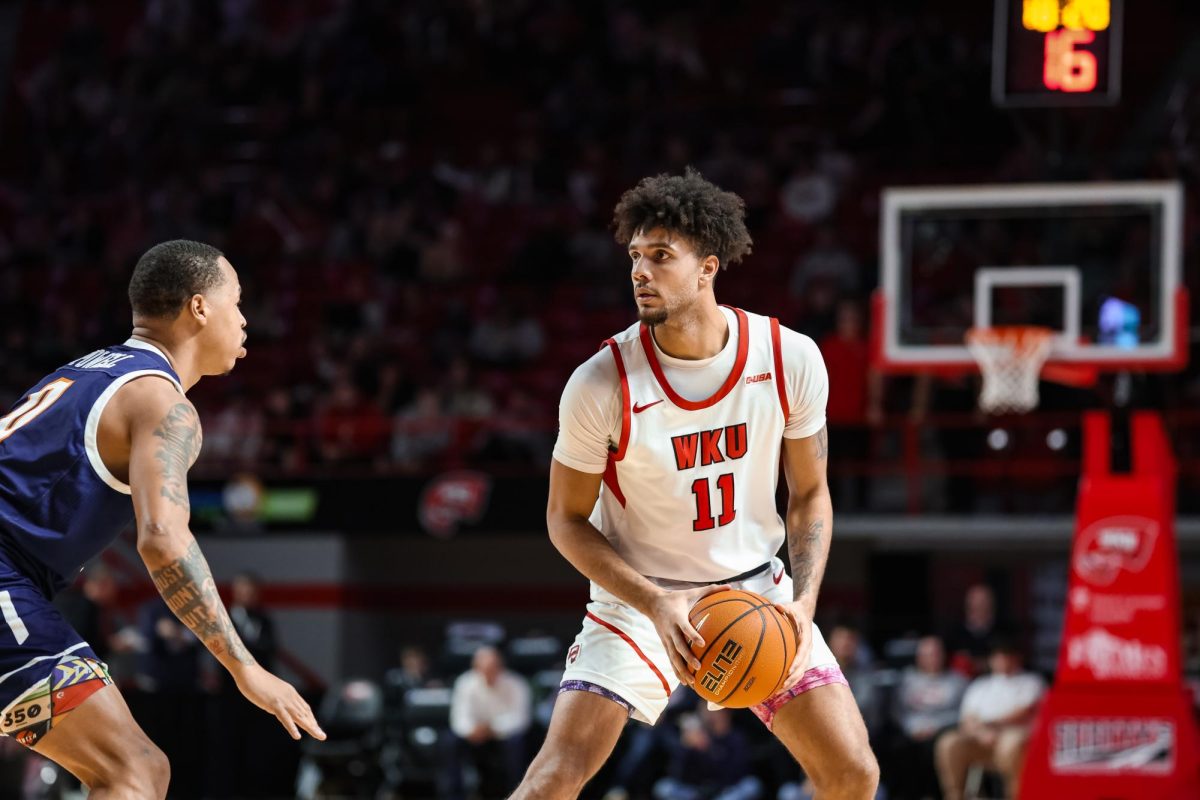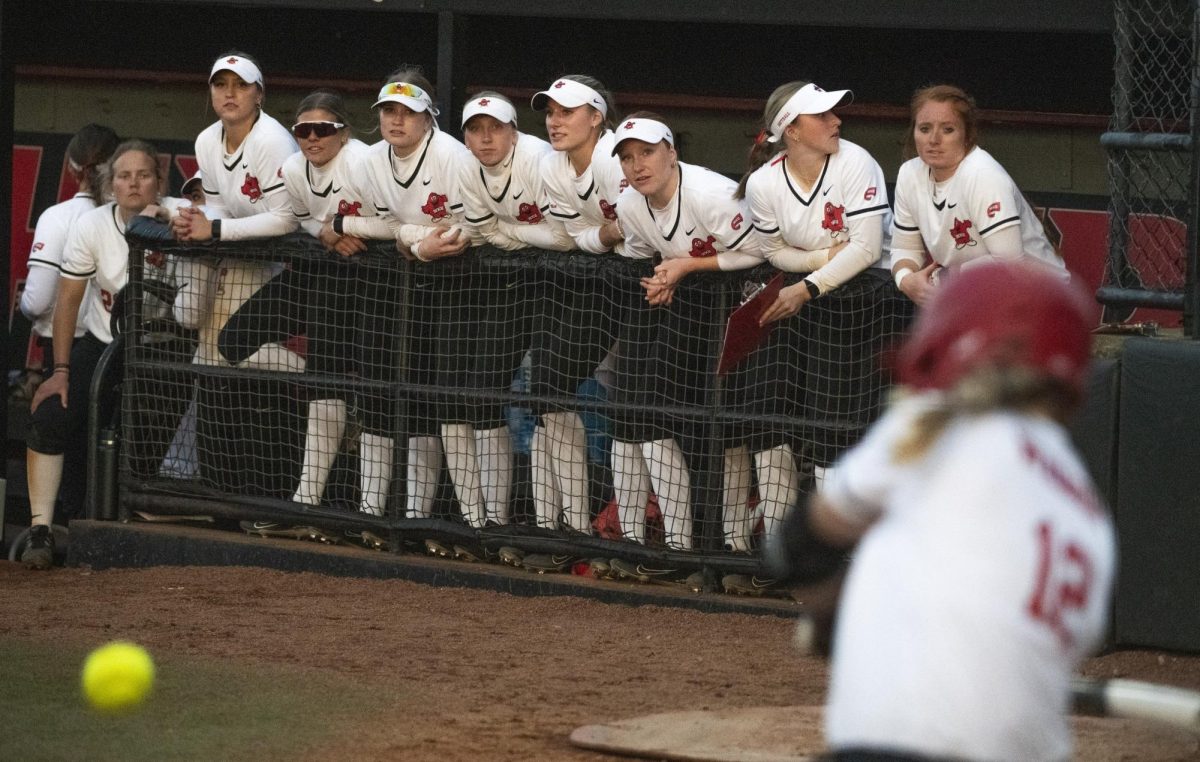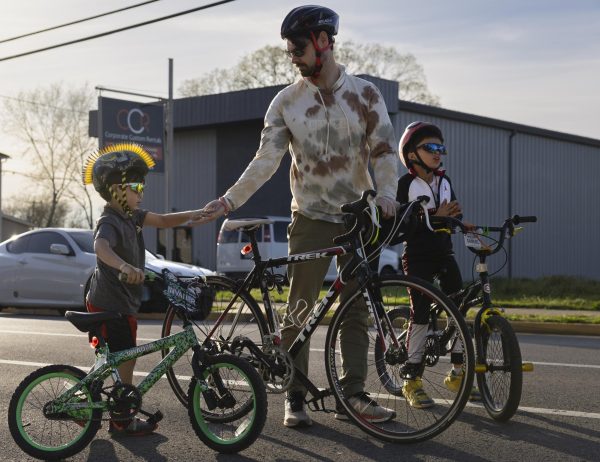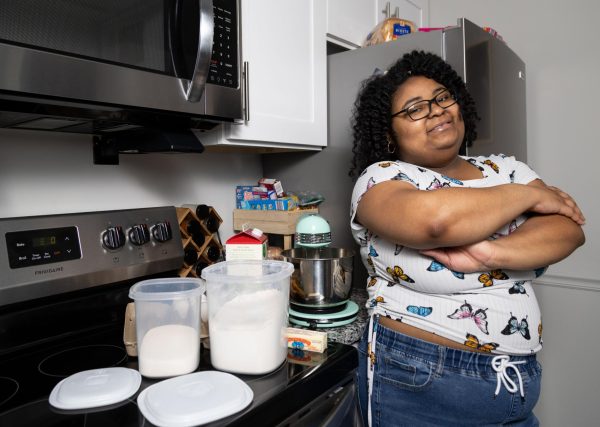WKU students open dialogue about suicide, depression
January 22, 2013
Looking back over her years of struggling with depression, Elyssa Carmony said the spring of 2012 was definitely the worst.
Between her extra-curricular activities and the pressure of keeping up with her classwork, the 19-year-old honors student from Independence, Ky., said she was starting to feel the strain.
“I have to be involved in everything and the best at everything I’m involved in,” Carmony said.
The stress of it all made her feel as if she didn’t have any friends, despite her strong connection with her sorority sisters of Alpha Gamma Delta and others. She isolated herself by spending a lot of time alone in her room.
For Carmony, it’s harder for her to deal with stress than others because she has borderline personality disorder. People affected by this illness often deal with feelings of abandonment, depression and struggle with self-harm.
Carmony said people dealing with borderline personality disorder are often described as the “third-degree burn patients” of psychology. She said people with this disorder can make strides toward recovery, but the illness is never completely gone.
“That’s really hard to get a grip on if you don’t come at it head strong and don’t come at it with support,” Carmony said.
Carmony has attempted suicide three times and thought about it countless others. She said her attempts were never premeditated; they came on when she was feeling really low.
“There were days when everything felt so wrong,” she said.
Lately, Carmony said she has been feeling better. She said owes this to her her friends, her sorority sisters and her faith in God.
“Every day is a struggle, I think. And you have to choose that day whether you’re going to rise above it or if you’re going to let it get to you,” she said.
She’s tried medications and has seen counselors, but she said that being able to call upon her friends has been one of the most beneficial things.
One of Carmony’s sorority sisters, 20-year-old Henderson junior Ariana DeLong, has also fought depression and thoughts of suicide.
When DeLong was in high school, she was diagnosed with anorexia. At the end of her freshman year, she had lost so much weight that she had to be home-schooled.
“I didn’t feel good enough. I didn’t feel pretty enough. I didn’t feel like anybody really loved me,” she said.
DeLong isn’t sure whether her anorexia caused her depression or vice versa, but she became suicidal shortly after having to withdraw from school. She said she began to feel like a burden to her family, and that it would be better to end it all.
The day that she attempted suicide was the worst day of her life, she said.
Although she never told her parents exactly what happened, DeLong said they started to realize. So did her therapist and she began getting the help she really needed.
“I can remember the day I realized that people were so wonderful and so beautiful,” she said. It was the best day of her life.
Now, DeLong is working to advocate the awareness for eating disorders and depression. She’s also pursuing a degree in nutrition and dietetics so she can one day work with eating-disorder patients.
In November, Carmony shared her story at the PostSecret event held on campus. After she spoke, she said friends came up to her to offer their support.
“I definitely felt empowered after that, like I had overcome something,” she said.
Through their own stories and support, Carmony and DeLong are hoping to see a change in the way our culture views mental illness, depression and suicide. DeLong said she wants people to forget the stigma and start communicating.
“It’s silent to the community. No one really talks about it. No one really knows if they can talk about it.”


